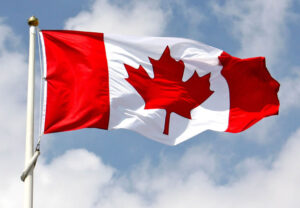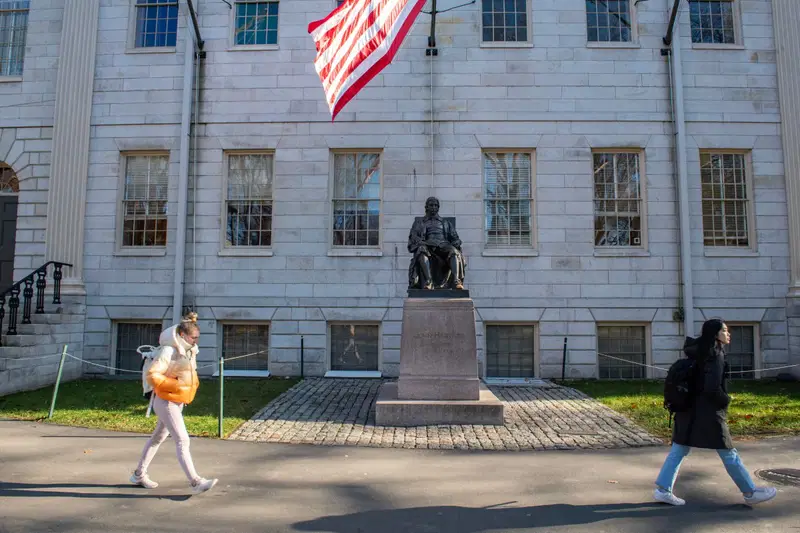The rising housing prices and rents in Canada have led to a surge in homelessness, with tens of thousands of people now living on the streets, particularly in Quebec. Previously, most homeless individuals were concentrated in Montreal, but a recent study revealed that half of Quebec’s homeless population can be found in rural areas of the province.
A significant portion of those experiencing homelessness in Quebec ended up on the streets after being evicted from their housing, according to government assessments. The homeless population in Quebec increased by 44% between 2018 and 2022, reaching 10,000 individuals last year.
Indigenous people, particularly Inuit, are disproportionately affected by homelessness, highlighting a troubling aspect of this crisis. Affordable housing shortages are a major issue, with calls for the construction of at least 1,000 affordable housing units in places like Granby.
In Granby, some people have resorted to living in a temporary camp within a cemetery due to the lack of affordable housing. This dire situation is exacerbated by rising rents, which have increased significantly in recent years.
Canada’s immigration policies continue to bring in newcomers, with plans to admit 500,000 immigrants annually by 2025. However, the housing crisis and homelessness persist, making it clear that addressing these issues is crucial to ensure the well-being of all residents, including new immigrants. Prime Minister Justin Trudeau acknowledged these challenges, and experts believe that the actual number of homeless individuals in Canada may be significantly higher than official estimates.






